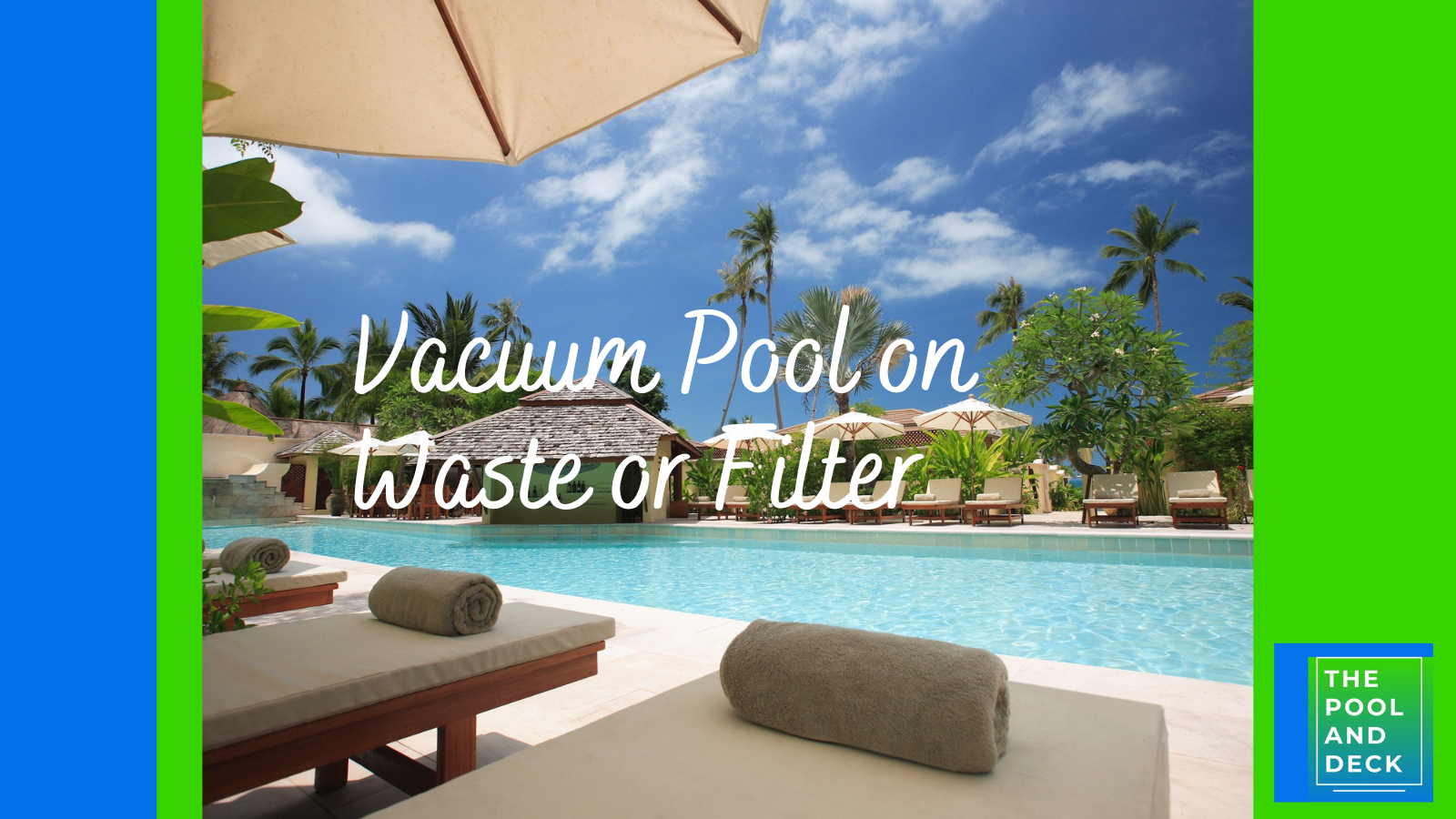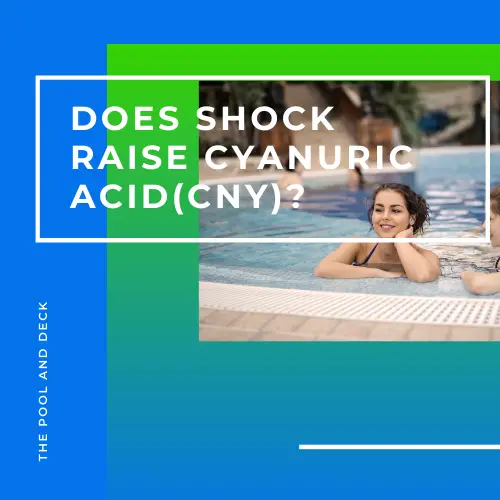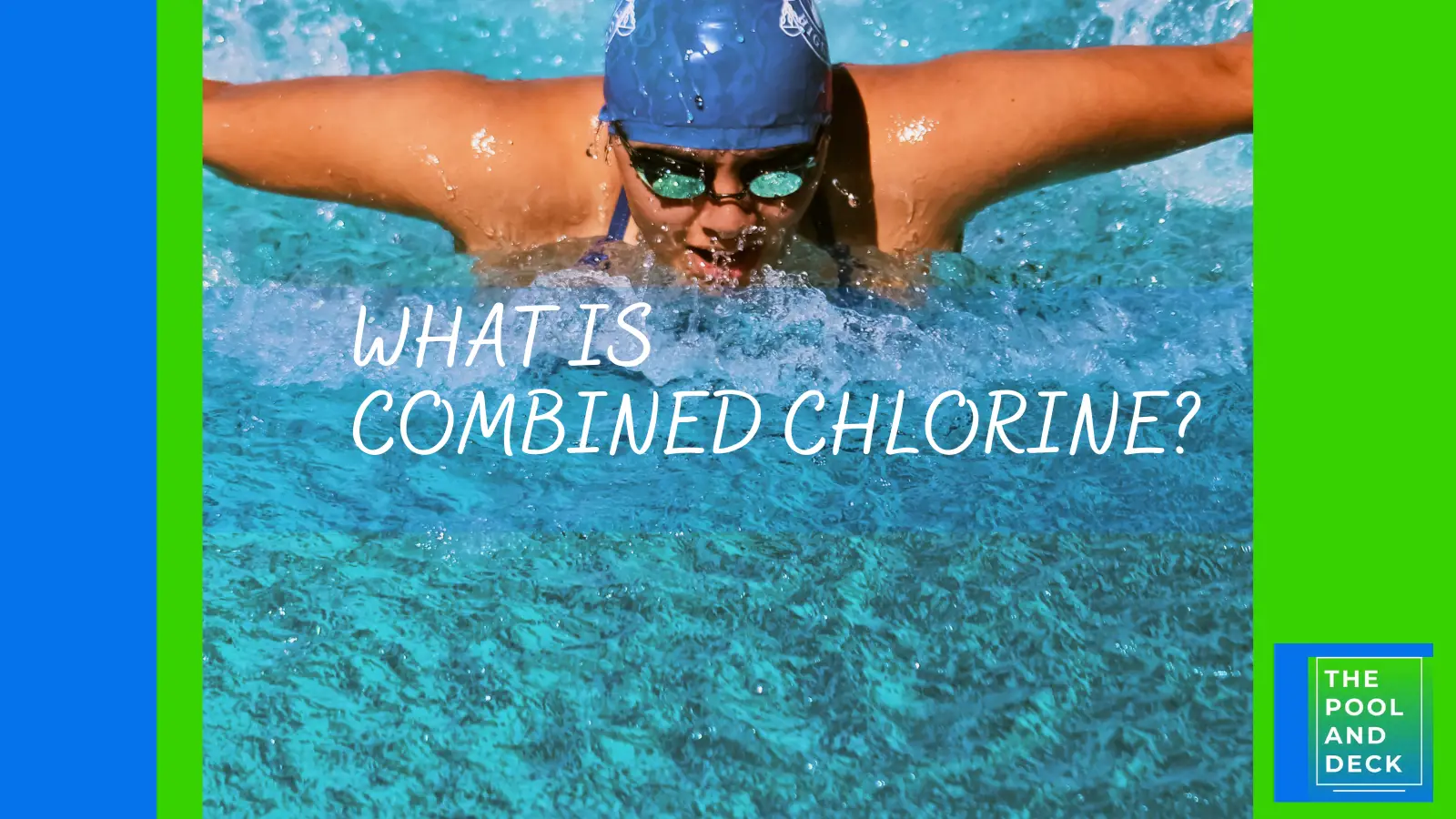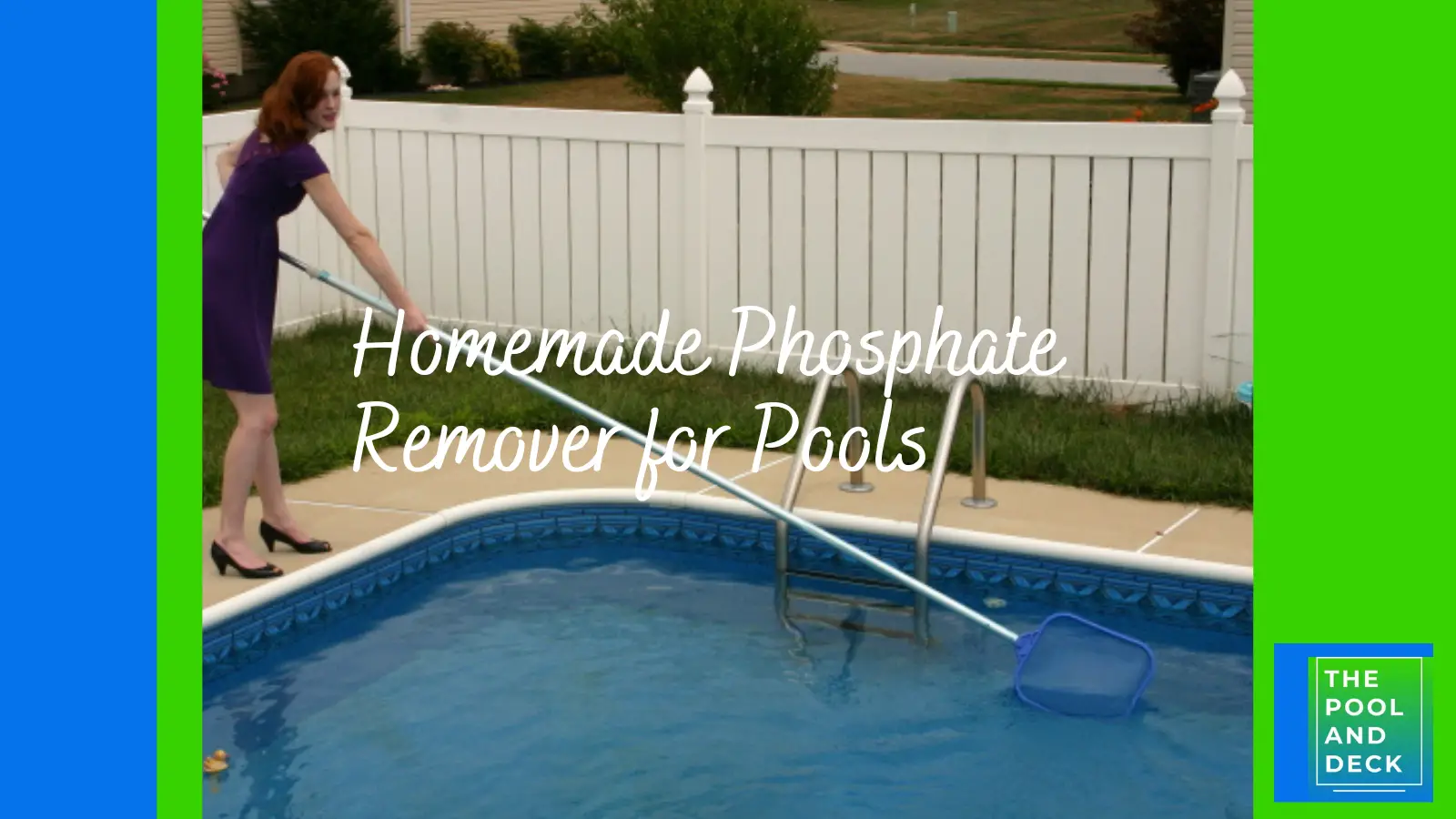How to Increase Calcium Hardness in Pool? (The Easy Way!)
As an Amazon Associate, I earn from qualifying purchases.
Did you know that low calcium hardness in pool water can cause problems too? And therefore, how to increase calcium hardness in pool deserves your attention too!
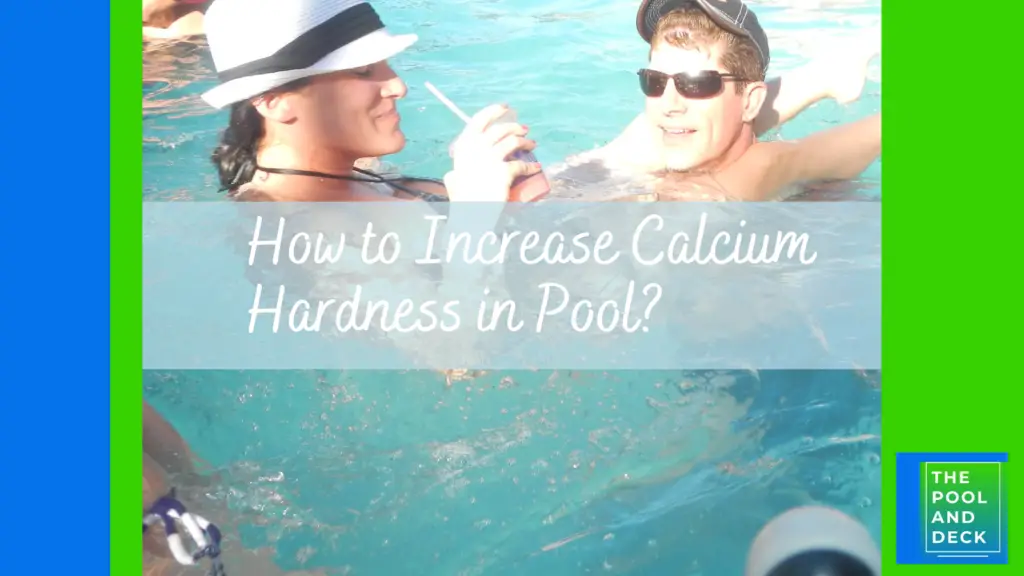
To be honest, most pool owners do not give much importance to the calcium hardness, especially low calcium hardness, in their pool water. While high pool calcium hardness levels result in scaling, low pool calcium hardness can result in etching.
So in this post I am going to tell you what pool calcium hardness is, the havoc it can cause and how to increase calcium hardness in pool the easy way!
Table of Contents
What is Pool Calcium Hardness?
Pool calcium hardness refers to the concentration of calcium ions dissolved in your pool. It is measured in parts per million (ppm).
Calcium Hardness (CH) plays an important role pool water chemistry as it affects the water’s ability to balance pH levels and impacts corrosion or scale buildup in pool equipment.
High calcium hardness levels can lead to cloudy water, scaling on pool surfaces, and reduced effectiveness of chlorine.
On the other hand, low calcium hardness can cause etching on pool surfaces and corrode metal components like pumps and filters.
Maintaining the right calcium hardness balance is key to keeping your pool water clear, safe, and comfortable for swimmers.
What Is the Ideal Pool Calcium Hardness Level?
Pool Calcium Hardness (CH) levels between 150 and 400 ppm are considered acceptable. However, the ideal range for calcium hardness is 200 – 300 ppm.
Maintaining pool calcium hardness level between 200 – 300 ppm ensures the water remains balanced, preventing issues like scale buildup and equipment damage. You should not, in any case, let it go above 400 ppm.
Too low calcium hardness can lead to corrosion, while excessively high levels will cause scaling issues. Regular testing and adjustment of calcium hardness levels are essential for optimal pool maintenance.
If you are a new pool owner you can get a wealth of information from my article, Pool Chemistry for Beginners: With 5 Super Helpful Cheat Sheets!
How to Test for Pool Calcium Hardness?
Testing for pool calcium hardness is important for maintaining water quality. Use a reliable pool water testing kit, readily available at most pool supply stores.
I highly recommend using Taylor K-2005 Complete DPD 9-in-1 Test Kit rather than Test Strips as you get far more accurate results.
Recommended Chemical Test Kit
Taylor K-2005 Complete DPD 9-in-1 Test Kit
Tests for free & total chlorine, bromine, pH, total alkalinity, total hardness, and cyanuric acid (CYA) levels.
Follow the kit instructions carefully, typically involving collecting a water sample in a testing vial and adding specific reagents. Here is an YouTube video from Taylor Water Technologies.
Regular testing, especially during pool opening and closing seasons, is vital for keeping your pool water balanced and safe for swimming.
Hard Pool Water vs Soft Pool Water
Hard pool water contains high levels of dissolved minerals (typically over 300 ppm), primarily calcium and magnesium ions. Hard water in nature, is water that has passed through soluble rocks such as limestone and chalk.
These minerals can cause scale buildup on pool surfaces and equipment, leading to clogged filters and reduced efficiency of pool heaters. It can also make it harder to maintain proper pH levels and balance other chemicals in the water.
Soft pool water, on the other hand, has lower levels of dissolved minerals (typically less than 50 ppm). Soft water in nature, is water that has passed through insoluble rocks such as granite and slate.
While soft water may seem desirable, excessively low calcium hardness levels can lead to corrosion of pool surfaces and equipment.
How to Increase Calcium Hardness in Pool?
To increase calcium hardness in your pool, the most common method is to add calcium chloride. I recommend using Pool Mate Pool Calcium Increaser. This product is cost-effective and typically costs less than $2.00 per pound.
Begin by testing your pool water for pH and calcium hardness. Use an app or follow product label instructions to determine the amount of calcium chloride needed based on your pool size and desired calcium hardness level.
Once you have the correct amount, add the calcium chloride directly to the pool water, spreading it around the perimeter to ensure even distribution. Avoid diluting the calcium chloride in water and be cautious not to add too much at once, as this can lead to overcorrection.
Wait approximately six hours for the calcium chloride to dissolve into the water, then retest the calcium hardness level to ensure it falls within the desired range.
Thank you very much for reading the post. I do hope you found it informative and helpful.



